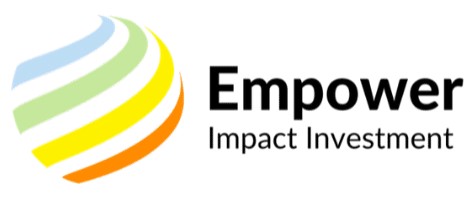1 July 2020: Businesses in Africa suffer from the world’s highest costs of electricity. Solar PV on the user’s site can slash energy costs, improve competitiveness and create hundreds of thousands of jobs, but government regulations are holding investments back.
There will be no sustainable post-Corona recovery without addressing perhaps the largest handicap of doing business in Africa. Businesses of Africa are penalized twice in terms of electricity, firstly by paying more for the world’s highest electricity costs, and secondly for having to pay for diesel back-up power when the grid is not working.
Starting with grid, it is upsetting to note that in most of the East and West African countries for which we have comparative data, businesses pay 25 to 100% more for the electricity from the grid than businesses pay in other parts of the world. The world average end-user tariff for businesses in 2019 was $0.12 per kWh. The same year businesses in Kenya paid $0.18 per kWh, and those in Uganda $0.16 per kWh. In West-Africa, the tariffs paid businesses there ranged from $0.16 per kWh in Nigeria to $0.24 in Senegal and Guinea respectively. The business tariff in Ghana was $0.19 and in Ivory coast $0.17 per kWh. In addition to the costs of electricity from the grid, businesses in Sub-Saharan Africa spend on average more than 30 % of total energy cost on fuel for back-up generators, at a cost of 0,40 $ per kWh or more depending on local conditions and logistics.
Solar competitive
The good news is that businesses easily can reduce their energy cost by enabling solar PV installations on their factory rooftop or ground. From our experience and analysis, businesses in Sub-Saharan Africa can reduce their daytime electricity costs by 25 – 50 %, subject to local variations in yield, costs and execution models. Access to third-party financing is regularly cited as the main barrier to rapid deployment of on-site solar in Africa.
Finance for on-site solar energy generation is today available, including from the impact equity fund managed by Empower. But for businesses to reap the benefits, governments have a vital role to play:
- Net-metering: Many companies don’t operate 24/7. All over the world, energy-users get paid for electricity they don’t use but inject back to the grid, but this is not yet possible in Sub-Saharan Africa. The absence of net-metering makes investments in on-site solar PV much less attractive, and leads to waste of valuable, clean electricity.
- Long-term contracts: In most parts of the world, the standard business model for on-site solar PV is long-term so-called private Power Purchase Agreements (PPAs) between the user and the third-party solar power provider/investor. With the PPA, the buyer is obliged to pay only for electricity that is actually generated and delivered, without having to worry about operation and maintenance. Unfortunately, with the exception of Kenya and Nigeria, PPAs are not yet allowed in most parts of Sub-Saharan Africa. (Ghana is a case “in between”, as only larger industrial users are allowed so sign private PPAs). As a consequence of these prohibitive regulations, businesses seeking third-party financing for its solar power supply must rely on rental or lease contracts, a structure generally seen as less attractive for off takers and investors.
To conclude, the regulatory environment across Sub-Saharan Africa punishes companies who seek to replace polluting fossil fuel with solar, and awards companies who continue to rely on polluting diesel back-up power. Governments can boost the competitiveness of their industry and accelerate electrification by opening their energy markets to allow for on-site solar PV generation. Scaling local solar generation is furthermore a cost-efficient roadmap for addressing several UN Sustainable Development Goals. For every million dollars invested in on-site solar generation in Sub-Saharan Africa, 15-30 000 tons of CO2 will be saved over the next 30 years, and 50-100 jobs created. The Corona-pandemic is a crisis, but it is also a unique opportunity for Africa to put competitiveness and sustainable industrialisation on top of the agenda.
For the longer version please see the article ESI Africa has published: https://www.esi-africa.com/industry-sectors/generation/solar/op-ed-solar-to-spur-continents-post-pandemic-bounce/






















